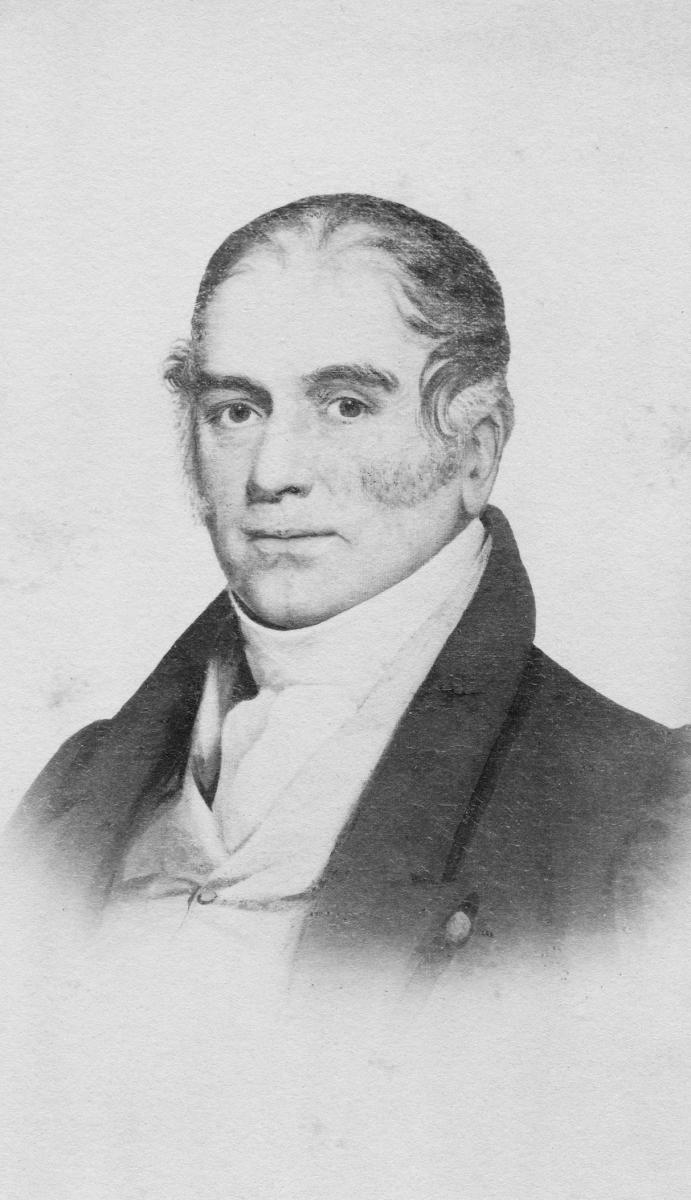The papers of Pierre Samuel du Pont de Nemours and his two sons, Victor Marie and Éleuthère Irénée, have given us new insights on our project which focuses on the diplomatic culture of the French Revolution. Two research grants from the Center for the History of Business, Technology, and Society have given us the time to examine these voluminous materials.
The du Pont letters provide us a glimpse into the trauma of the revolution on a consul, Victor, and his family. Communications between France and the United States were often disrupted by the British who were at war with France between 1793 and 1815 and who had a policy and a propensity to seize French vessels and the letters they carried.

Victor would not hear from either the government or his family for months on end. Understandably, Victor in the United States was constantly concerned about his family, who were living, in his words, in a country "where [there are] volcanoes under the feet....and where revolutions engender revolutions." He heard of the imprisonment of his father in 1794 and that of his father and brother in 1797 but did not learn until much later that they were released.
The French revolutionaries discarded all diplomatic conventions and rejected the system as a whole. The dictates of revolutionary ideology molded both the public and the private face of republican France. We see through Victor’s letters how the revolutionaries attempted to transform the public sphere by radically altering the insignia, dress, and rhetoric so inextricably associated with the ancien régime. As a diplomat, Victor was entangled in that symbolic deployment so integral to the revolutionary imagination and revolutionary faith, minutely instructed on what to wear down to the buttons on his clothing.
Victor also was subjected to the whims of a revolutionary government. As the political winds shifted at home, so too did diplomacy. The men sent abroad were chosen for their "ardent hearts" and for their connections to various factions. Those individuals did not necessarily make the best representatives. Victor proved the exception. He was appointed to the consulate at Charleston, South Carolina to succeed an individual who was known for sleeping late and for gambling and consorting with women of ill repute late in the evening. His predecessor’s accounts were so confused that the Consul General praised Victor for cleaning out the "Augean stables".
Choosing French representatives for their ideological purity also meant that they only too often saw their role as that of revolutionary propaganda, confrontation not accommodation. Even once appointed, these men, including Victor, were hardly free of scrutiny. He often felt surrounded by spies, by Jacobins, committed ideologues who could undermine his position. The French Consul in Philadelphia often wrote tibi soli (for you alone) on his letters to Victor and reassured Victor that his letters had been read and then immediately burnt. Because the smallest incident - even with whom you dined - could cast suspicion, many destroyed their letters.
This destruction of letters, of course, poses particular problems for the historian who sees a fragment of what was sent. All the more reason, therefore, for us to value the rich correspondence retained by du Pont family members for the insights they have offered us into the culture of France’s revolutionary era.
Linda Frey is a professor of history at the University of Montana. Marsha Frey is a professor of history at Kansas State University.
